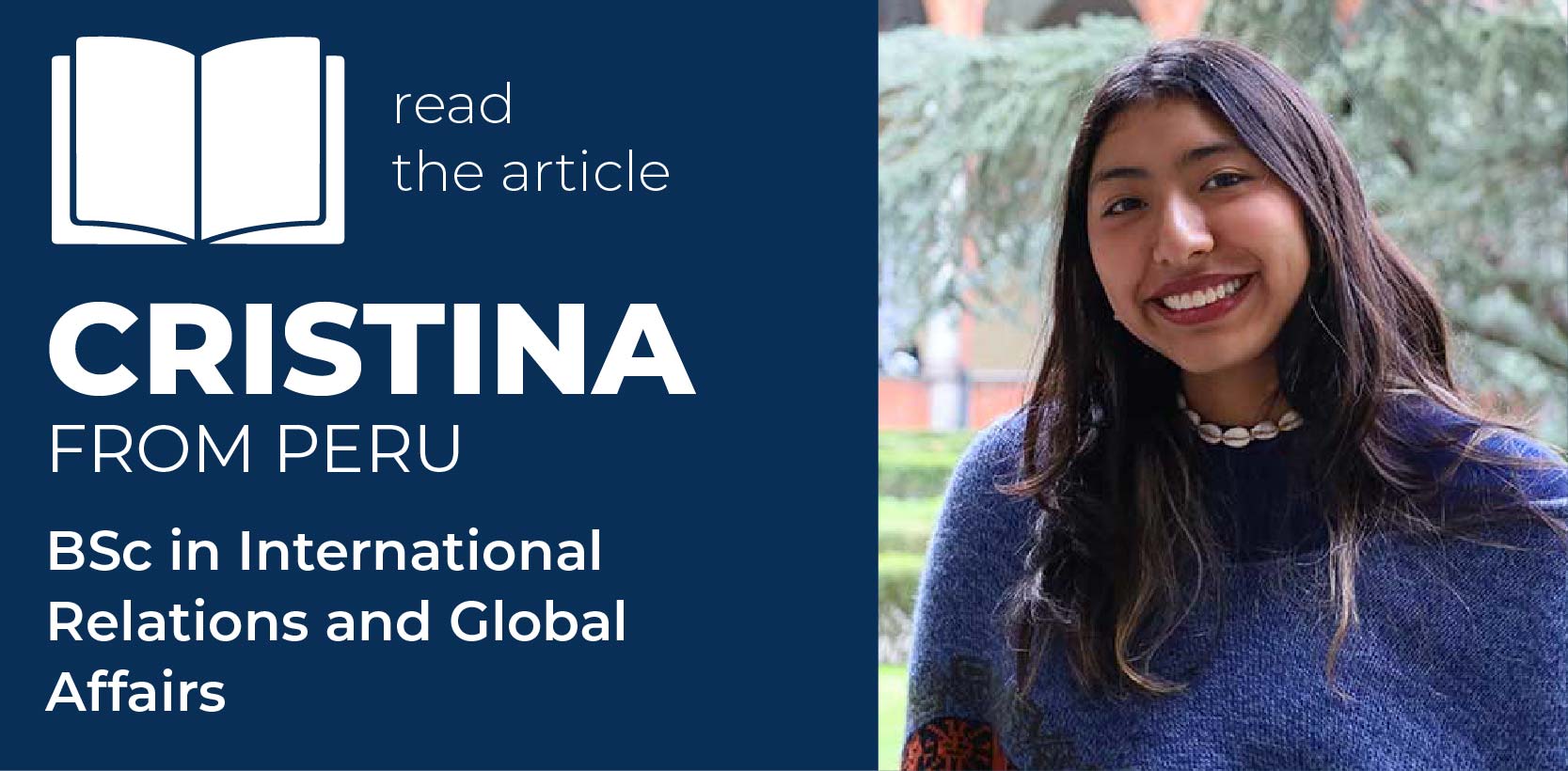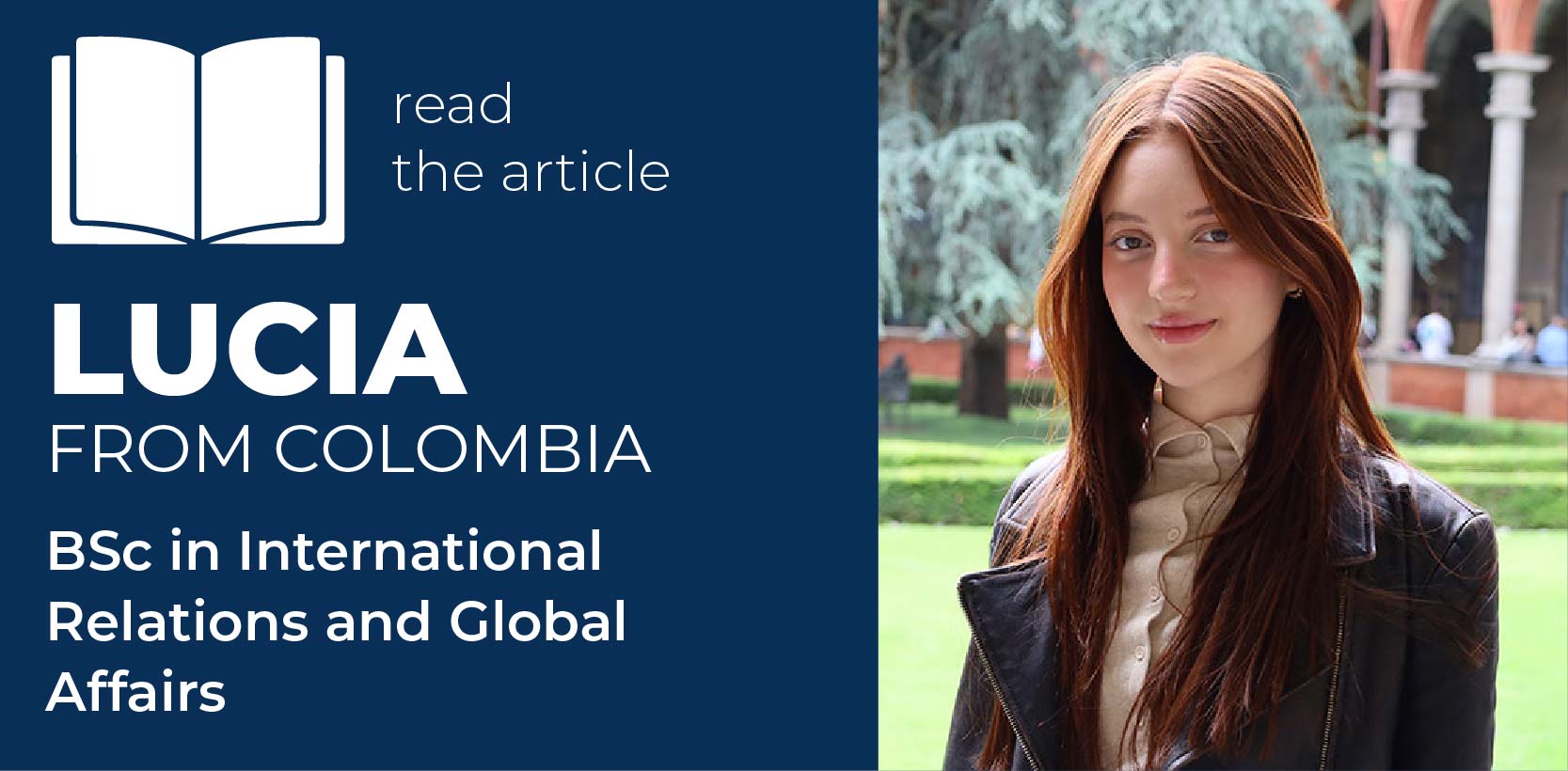What makes this programme unique?
This degree offers an interdisciplinary approach with courses in:
- Political science and international relations
- History and regional studies
- International economics and economic geography
- International law and global institutions
- Sociology and social psychology
You will also gain practical experience by working on projects with institutions and international organisations. The programme hosts a number of guest lectures and seminars by international scholars and practitioners from across the world, including Ibrahim Al Marashi (California State University), Martin Klein (Martin-Luther-Universität Halle-Wittenberg), and Craig Martin (Washburn University School of Law).
Students graduate with a strong mix of analytical, legal, and communication skills, preparing them for careers in diplomacy, policy analysis, development, and international cooperation.
How is the programme ranked?
Università Cattolica del Sacro Cuore ranks:
- Top 400 globally in Politics
- Top 250 globally in Sociology
Source: QS World University Rankings by Subject 2025
What are the benefits of studying in Milan?
Milan is a global city known for politics, economics, and cultural exchange. As a major European centre for diplomacy, media, and non-governmental organisations, Milan offers students the chance to study international relations in an environment deeply connected to global affairs.
You’ll be part of a dynamic learning community with opportunities to network with visiting scholars, NGOs, and policy professionals from Italy and abroad.
The people I met during my classes have been one of the most valuable and richful experience of my time here. My expectations for this course were high, and although not all of them were met, the friendships and bonds I developed make me have absolutely zero regrets on choosing this path.
Cristina, from Peru
The International Relations and Global Affairs course encouraged me to think globally, act consciously, and understand the power of connection between nations and people.
Lucia, from Colombia



